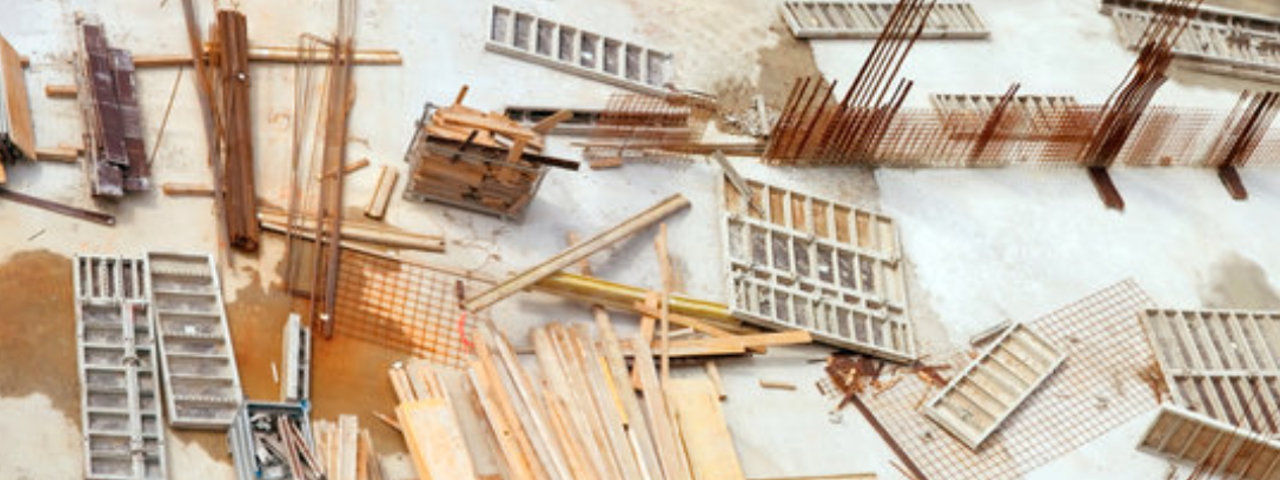 Sector
Sector
Infrastructure and Construction
Sub-Sector
Infrastructure and Construction – Other
Project Size
According to Statistics New Zealand, for the year ended March 2020, the national value of building work was $25.2 billion, up $1.6 billion (+6.6 % from the previous year). The actual value of residential building work was $16.1 billion in the March 2020 year (+5.6 % from the year ended March 2019). The actual value of non-residential building work was $9.1 billion in the year to March 2020 (+8.5% from the year ended March 2019)
Looking for
Auckland, the biggest construction market in New Zealand, needs additional innovative suppliers to the commercial and residential construction sector. To meet the changing needs of the industry and its clients. There is a growing market for suppliers offering new innovative products, particularly those with sustainability, product circularity and energy savings.
 Summary
Summary
New Zealand has a rapidly growing construction sector. Auckland leads the commercial and residential construction market in terms of new and planned dwellings to meet a rapidly growing population and housing shortage. The sector is constrained by a limited supply chain of building materials and high product pricing. Opportunity also exists with new innovative products to meet growing environmental and sustainability concerns.
 Background
Background
The residential and commercial construction sectors are growing rapidly in Auckland, as with the rest of New Zealand. The residential building and vertical construction sectors make up 80% of the construction sector, with public infrastructure the remaining 20%.
The 2020 New Zealand Government Budget COVID 19 Response and Recovery Fund (CRRF) earmarked $3 billion for infrastructure projects. The initial decisions on this allocation include housing and urban development $464 million, environmental $460 million, community and social development $670 million and transport $708 million. The projects are in addition to the $12 billion New Zealand Upgrade Programme and existing Provincial Growth Fund investments. One of the most significant policies announced in the Budget, was that the Government would provide funding for an additional 6000 state or community houses and another 2000 transitional homes. These homes will add to the already large volume to be built by the private sector.
The New Zealand construction sector and in particular the residential sector is characterised by high building material costs, limited supply choice and a lack of innovation in those products. Building materials are the second largest cost component of residential housing development in New Zealand, after land and infrastructure costs.
Most residential houses are built bespoke for each client by small to medium sized building companies. In 2018 Deloitte Touche Tohmatsu reported “From a demand perspective, purchasers of building materials comprise group home builders, commercial construction companies, medium to small residential builders, and others, which include DIY customers. Data provided by Fletcher Building indicates that most of the demand is coming from medium to small residential builders, comprising about 60% of demand.”
New Zealand has many cases of unique building product standards. New Zealand conditions of high UV light presence, coastal high winds and salt air prevalence, combined with earthquake risk are some factors to consider in the New Zealand market. Products with US and or European standards may be easier to assimilate in the NZ market. Product suppliers will need to be able to address concerns of durability with the systems the products are used with.
Invest Auckland Specialist
To find out more about this opportunity please contact Andrew Carpenter
